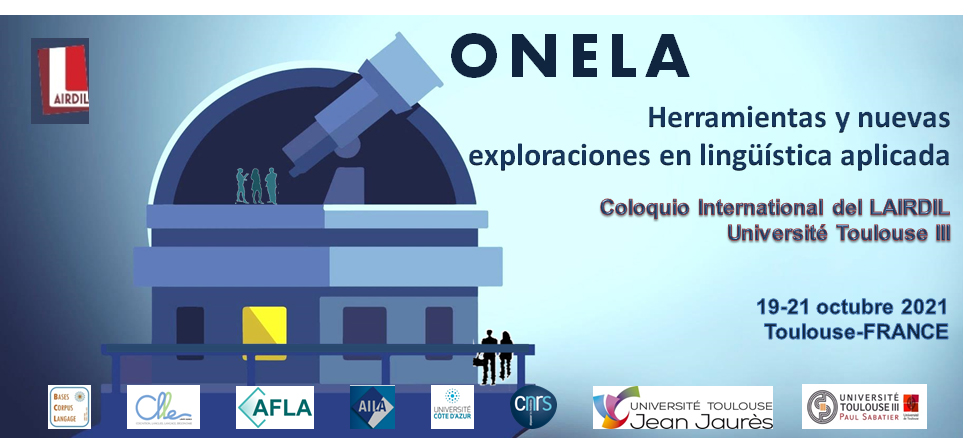The doctoral research reported in this presentation is part of a bigger project aimed at improving the teaching and learning of French at the National University of Semarang (UNNES) – which has the biggest cohort of learners of French in Indonesia – through collaborating with the LAIRDIL Laboratory of Toulouse.
Faced with the impossibility of travelling to Indonesia due to the COVID crisis, it was decided to use the methodologies and tools developed within the field of Corpus Linguistics in order to build and analyse a French learner corpus made of examination papers – still being collected – written by the UNNES students from 2019-2021. The learners that contributed essays range from the beginner (A1) to the high intermediate (B2) levels. The corpus is so far made up of 530 essays totalling 68,325 words. Most participants (140) have contributed two to three different papers.
The first analyses conducted on the corpus are not targeting the “grammatical/lexical errors” per se – of which they are relatively few instances – but the more global aspects involved in building texts that read easily and are efficient at proving their point. These analyses have shown trends such as the use of very long sentences made up of juxtaposed elements in between commas, a tendency to use oral language features when writing, such as putting the connectors “alors” and “donc” at the sentence initial, an overall lack of cohesiveness, and the relative absence of personal views.
Regarding the didactic transposition which has already started, it will consist of online workshops for students and lecturers during which samples – collected from the corpus – of what is considered erroneous will be shown and explained. These presentations should be followed by the creation of supplementary teaching materials and the setting up of activities – done in groups or individually – meant to further sensitise students to some of the characteristics of a more academically oriented discourse in French.
This research project has a very practical aim which is to give the Semarang students and their lecturers a better comprehension of the morphosyntactical and textual aspects that could be improved when writing and/or teaching French. Learners would then be better equipped to write more accurately and originally, right from the beginning of instruction, a skill that could have a positive repercussion on their oral production as well.
That project also intends to investigate the somewhat debatable concept of interlanguage (Al-khresheh, 2015) which – for this particular corpus – seems to rely quite heavily on the teaching approaches chosen.
Al-khresheh, M. (2015). A Review Study of Interlanguage Theory. International Journal of Applied Linguistics & English Literature, 4(3), 123-130.
- Poster

 PDF version
PDF version

